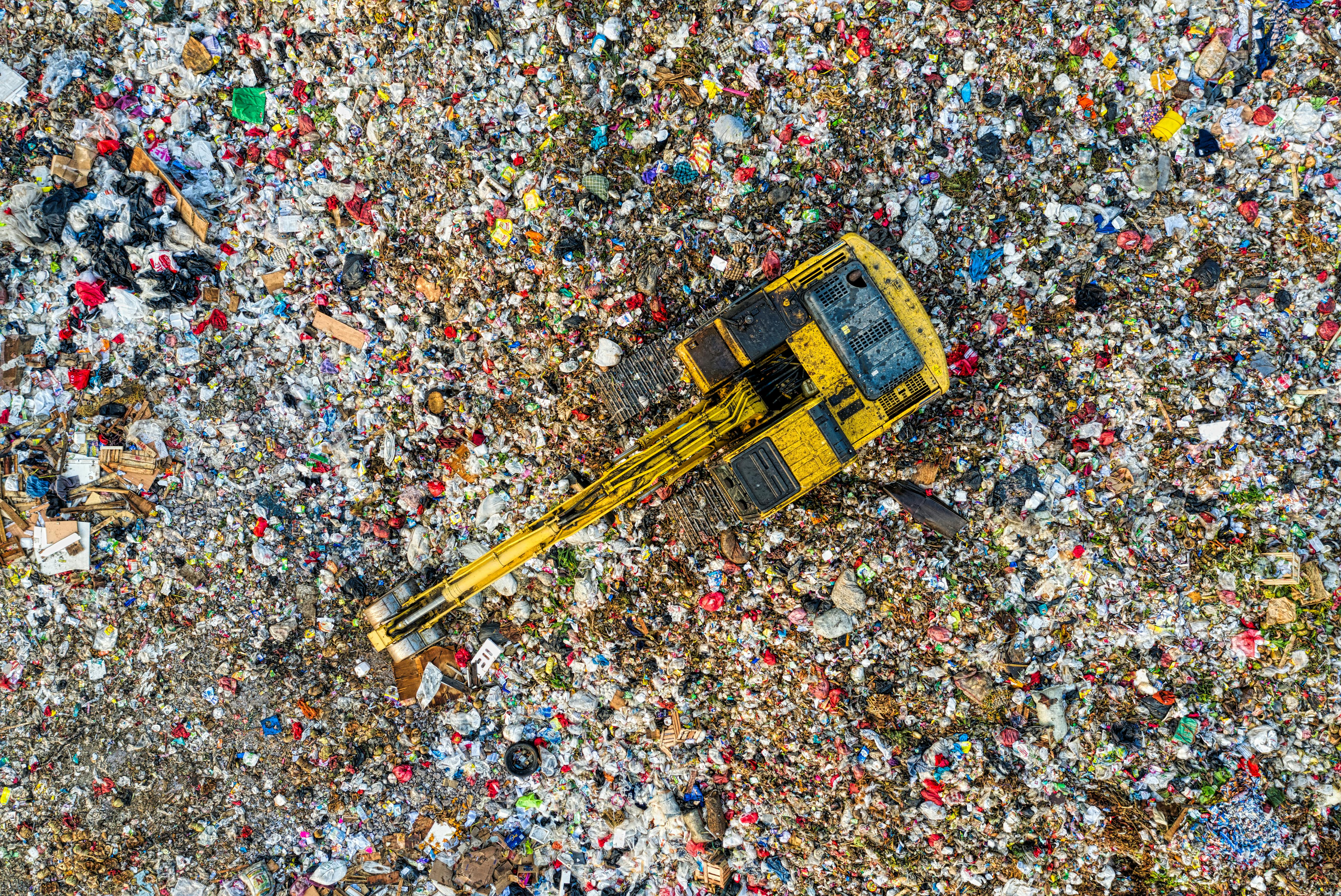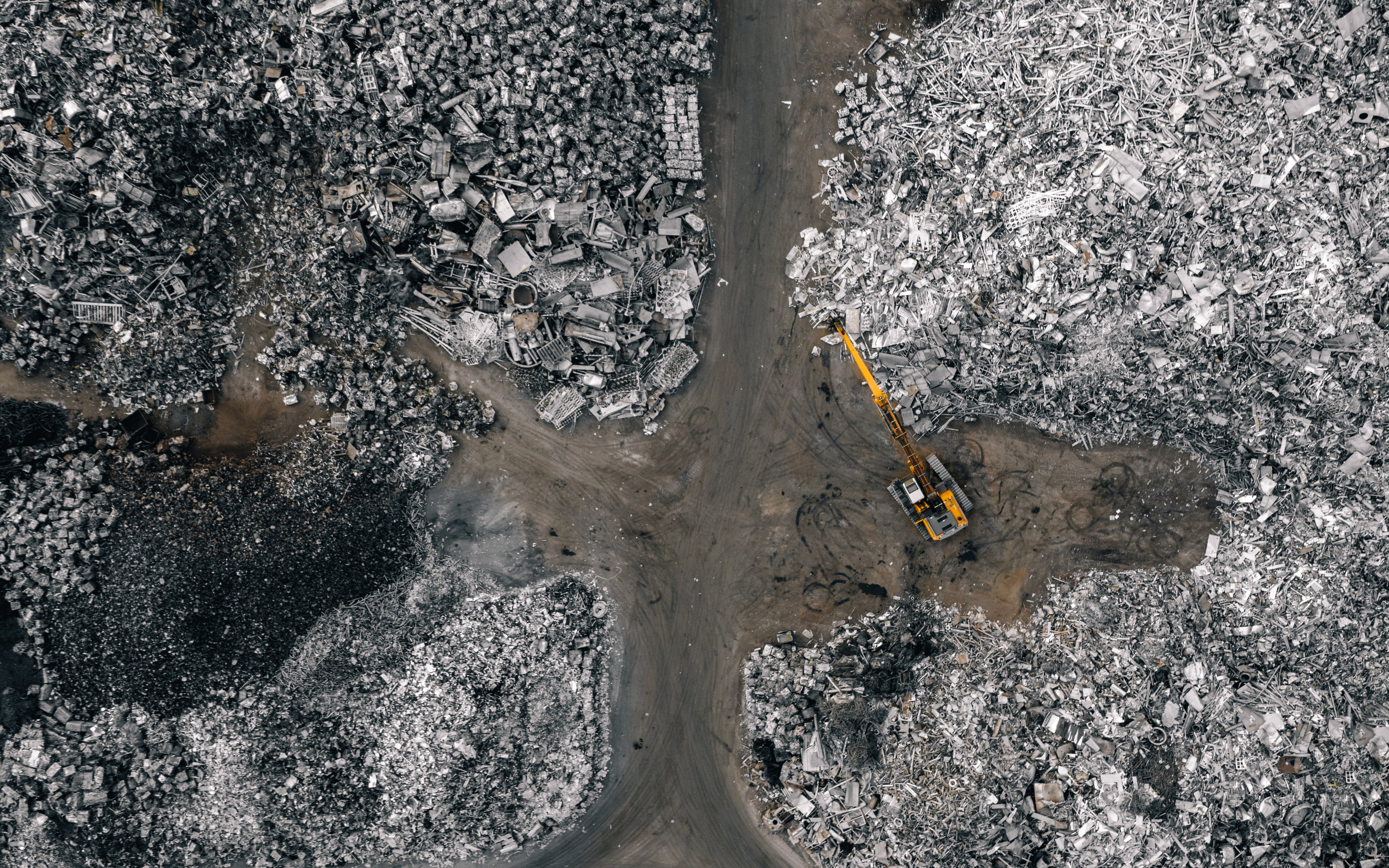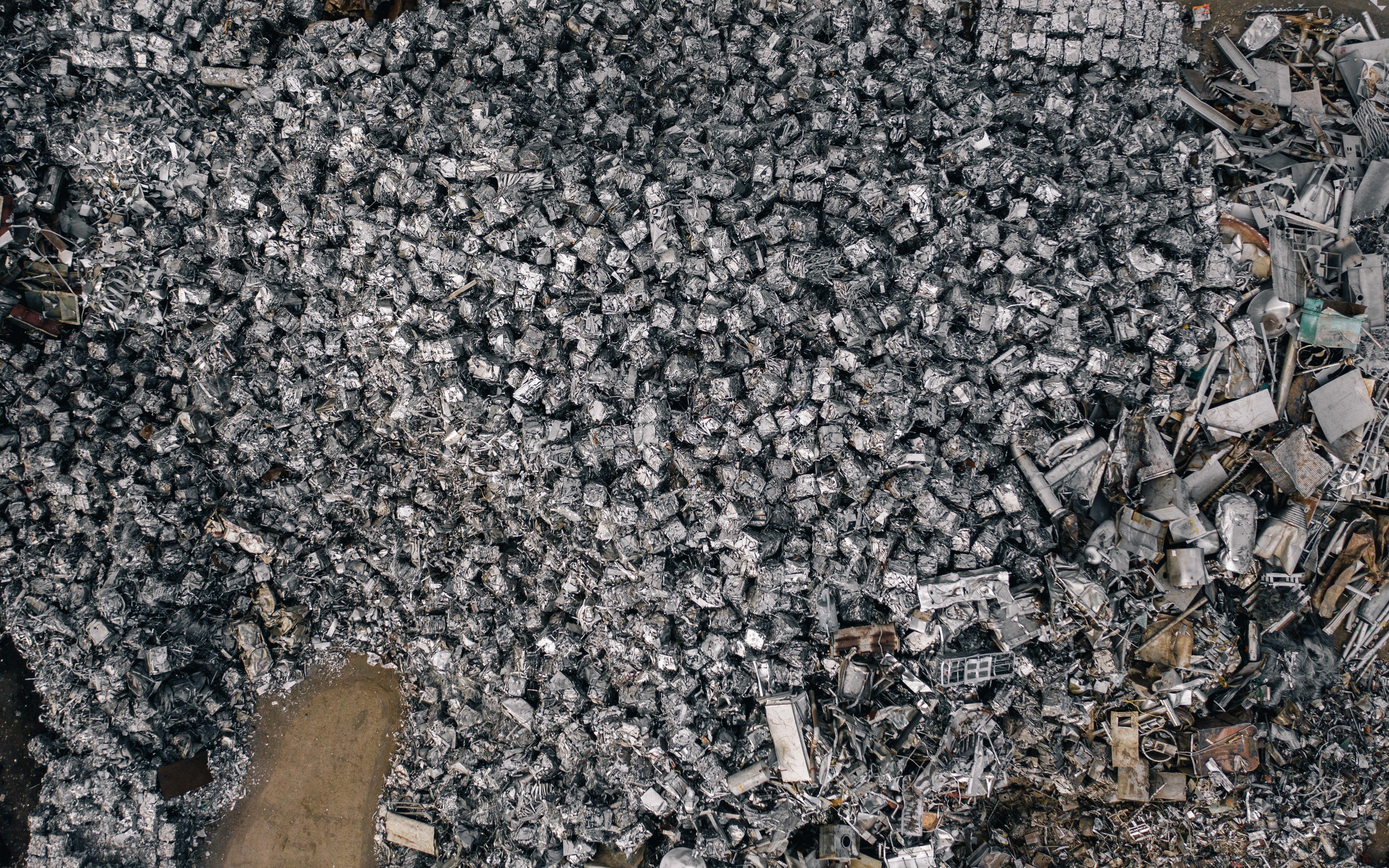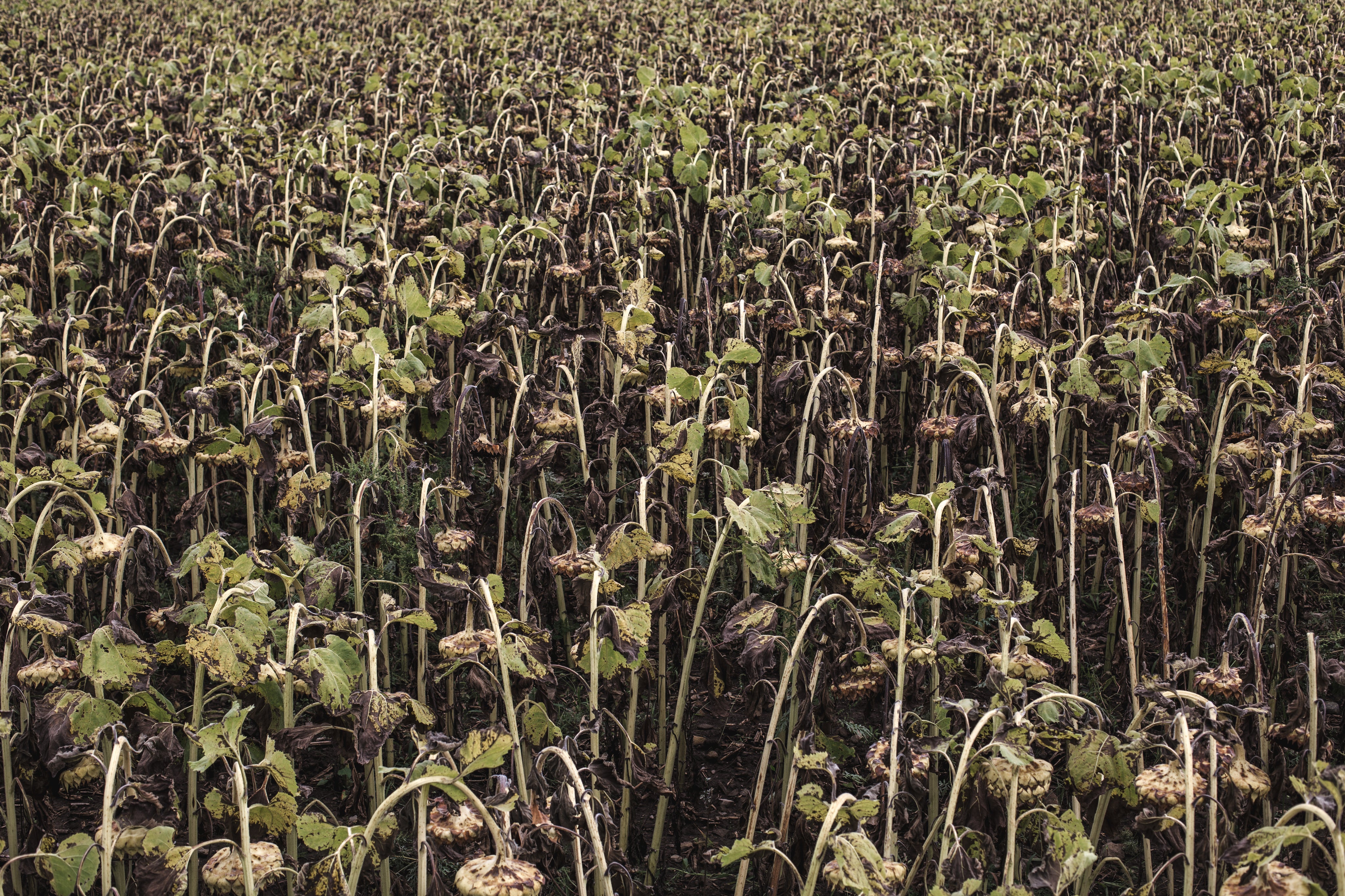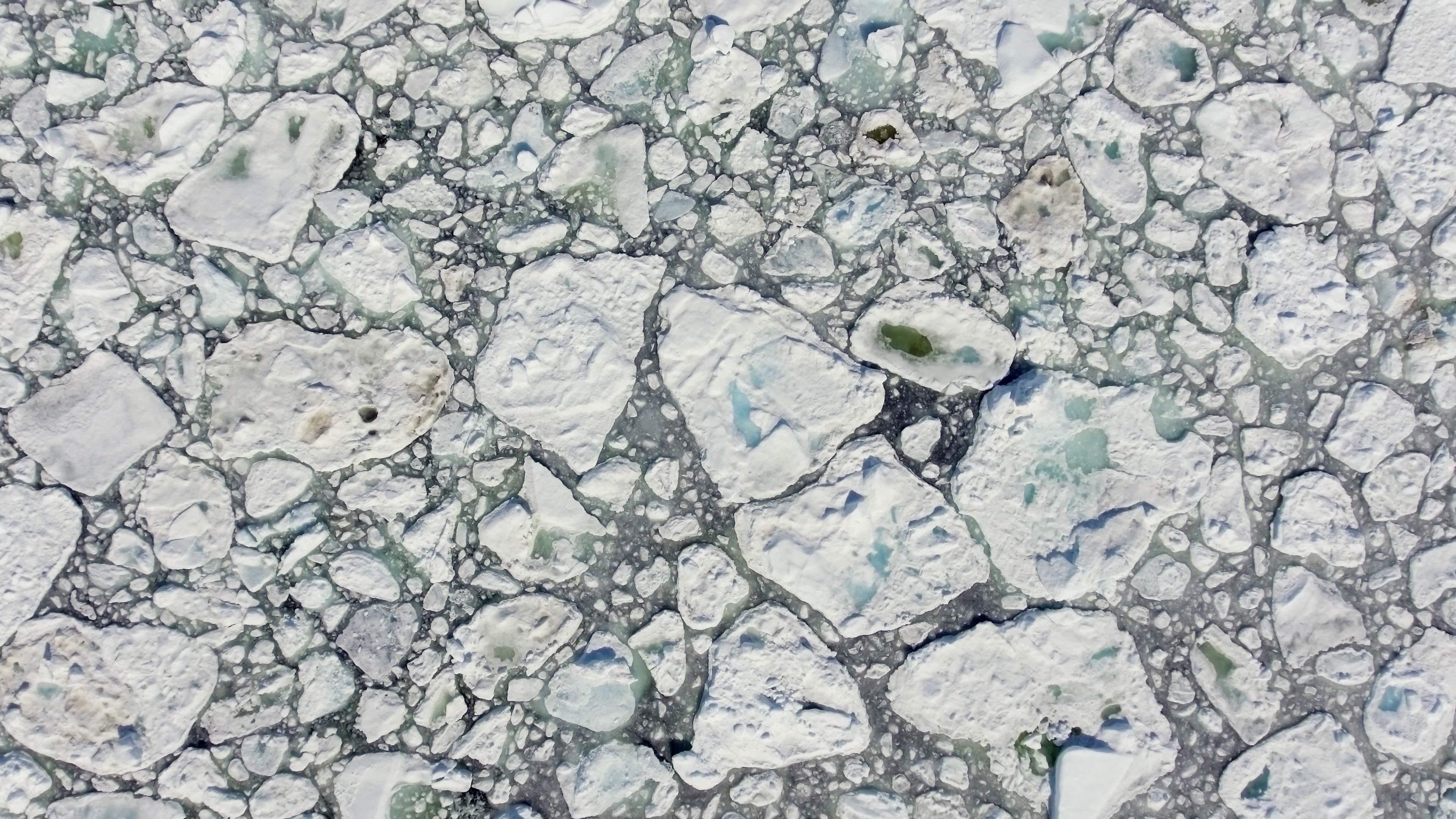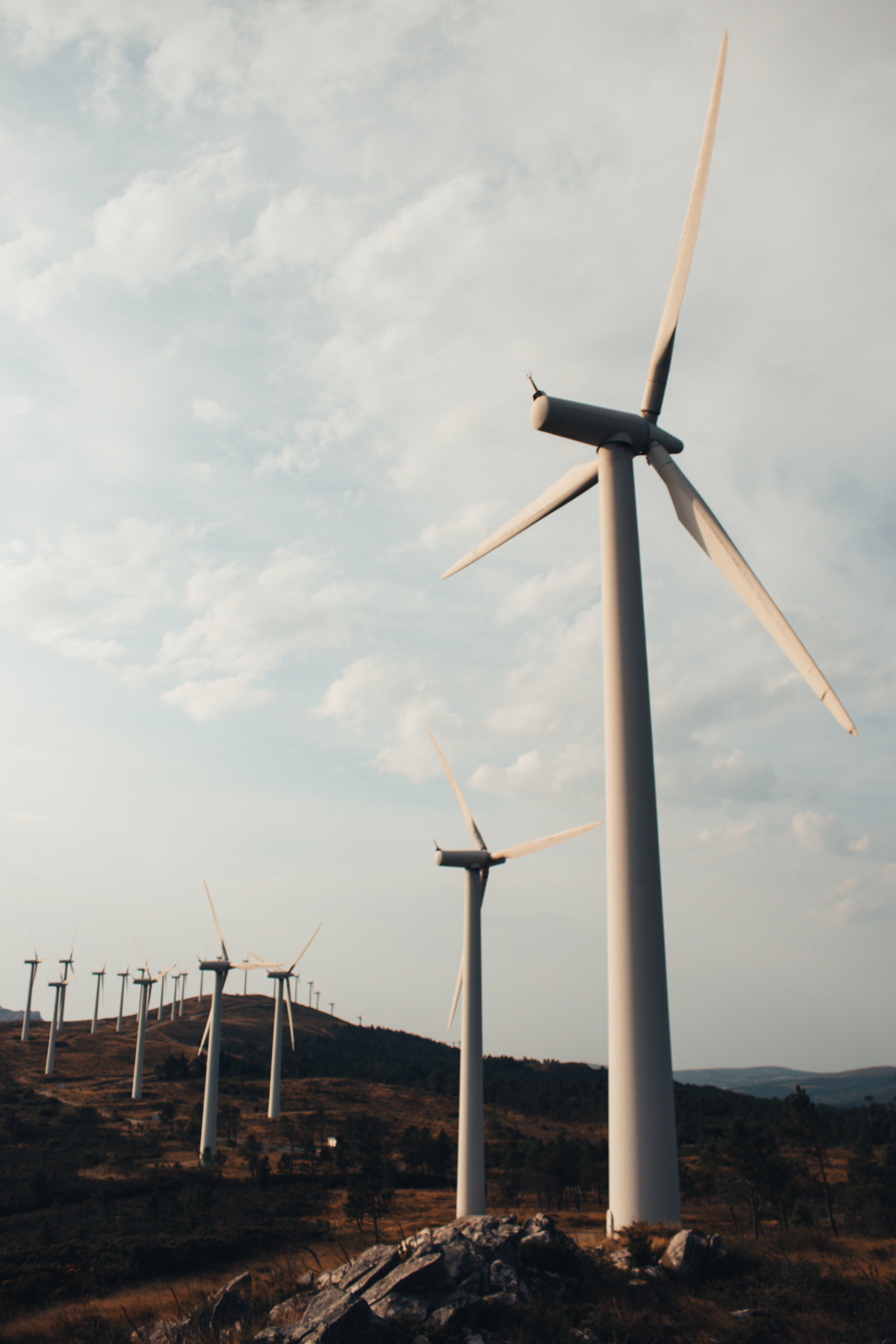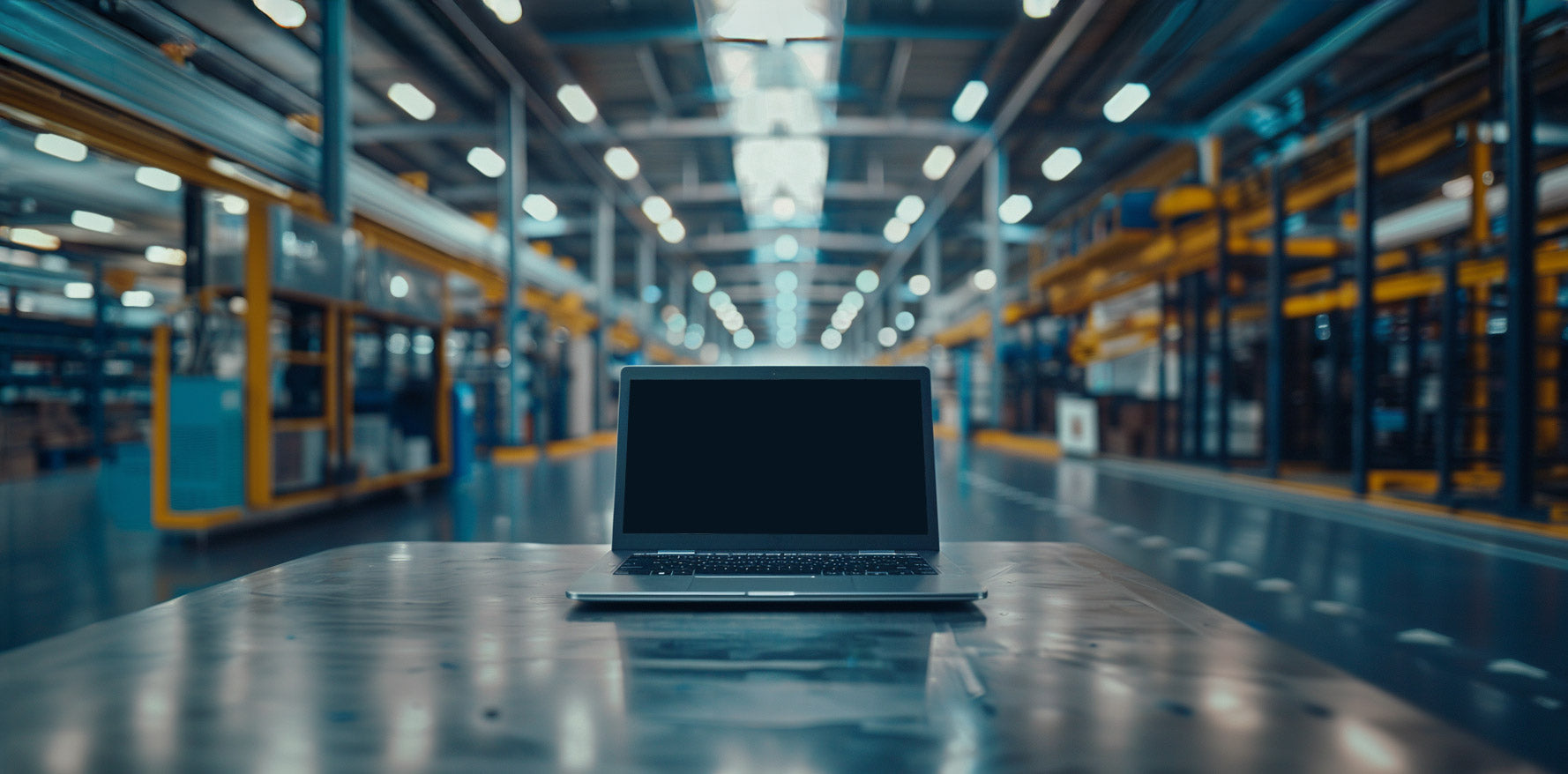Environmental impact of producing a new laptop
Purchasing new laptops has a significantly larger ecological footprint than you might realize

Studies clearly confirm that purchasing refurbished technology instead of new helps protect the environment
The French Agency for Environment and Energy Management ADEME conducted an extensive study in September 2022 on the environmental impact of refurbished technology.
The study demonstrated that the production of new technological devices significantly increases greenhouse gas emissions, depletes natural resources, and generates large amounts of waste. A comparison between the production of new and refurbished technology revealed a significant difference in their environmental impact, with refurbished technology having a substantially lower footprint.
Using the Life Cycle Assessment (LCA) methodology, ADEME evaluated the overall environmental impact of selected products and processes throughout their entire life cycle. This includes raw material extraction, product manufacturing, transportation, use, and eventual disposal or recycling. The primary objective of the LCA methodology is to assess the environmental impact of a product or process at every stage of its life cycle.
When evaluating new devices, the study considers various factors, including raw material extraction, component manufacturing, internal transportation, manufacturing processes, packaging material and accessory production, distribution, use, and end-of-life management—whether through incineration or landfill disposal.
For refurbished devices, the study takes into account factors such as the collection of used devices, production of spare parts, disposal of used parts, production of packaging materials and accessories, and transportation. These factors are evaluated globally, making the findings applicable worldwide.
The ADEME study on the environmental impact of refurbished technology highlights four key environmental areas: carbon footprint, raw material consumption (including metal mining and fossil fuels), water consumption, and electronic waste generation.
The environmental impact of new devices compared to refurbished ones differs significantly. See the graph below for a detailed comparison of the environmental impacts of individual devices.
New vs. refurbished laptop
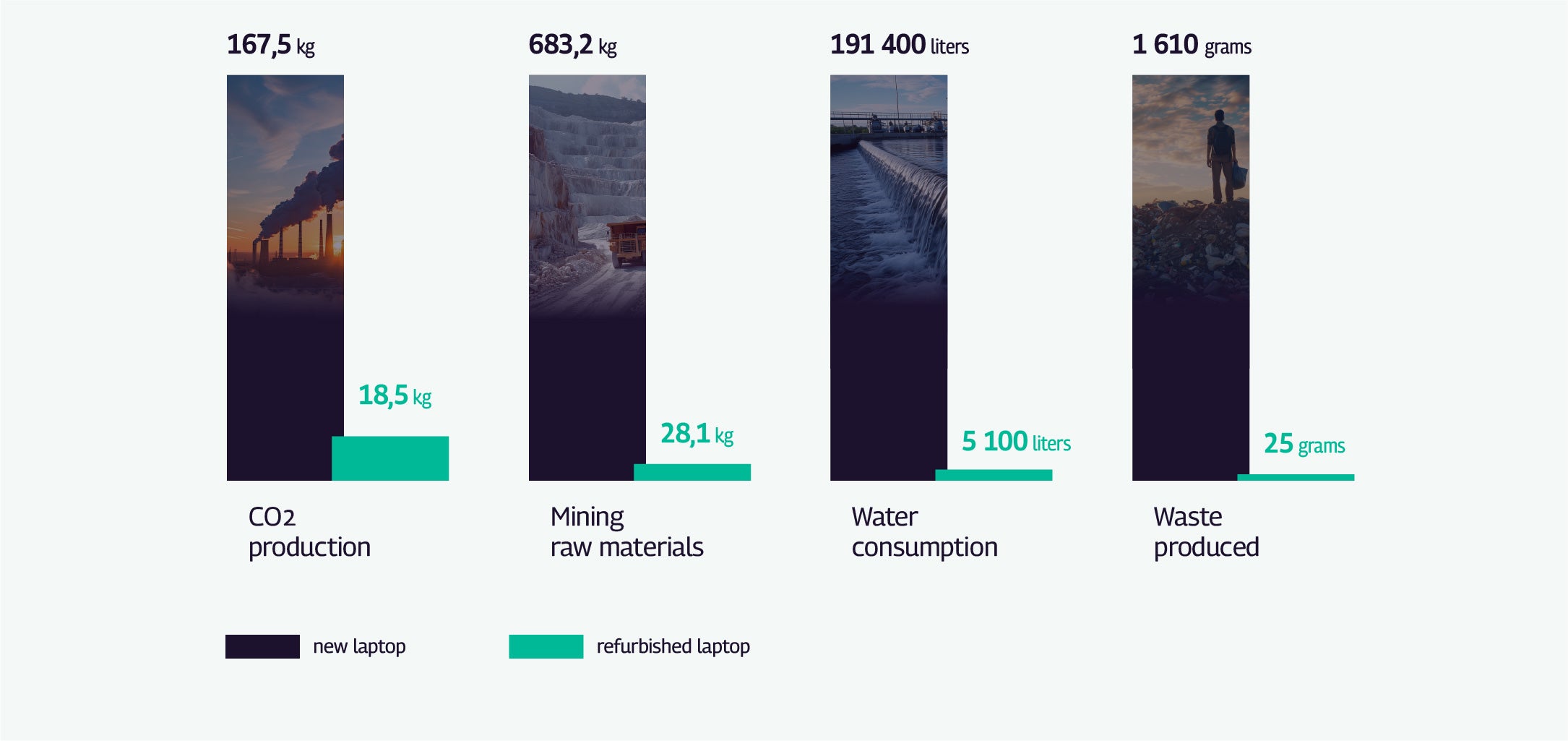
New vs. refurbished computer
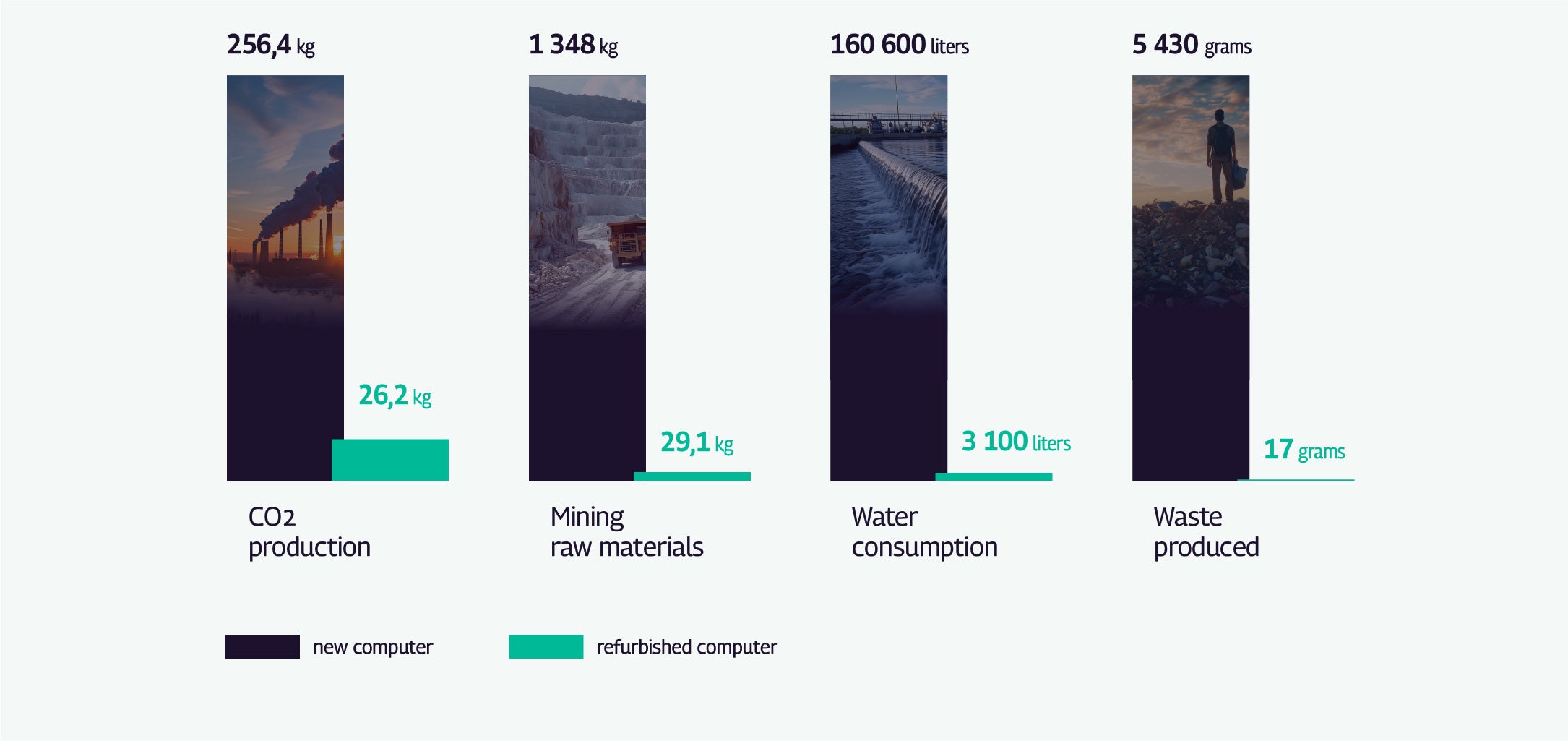
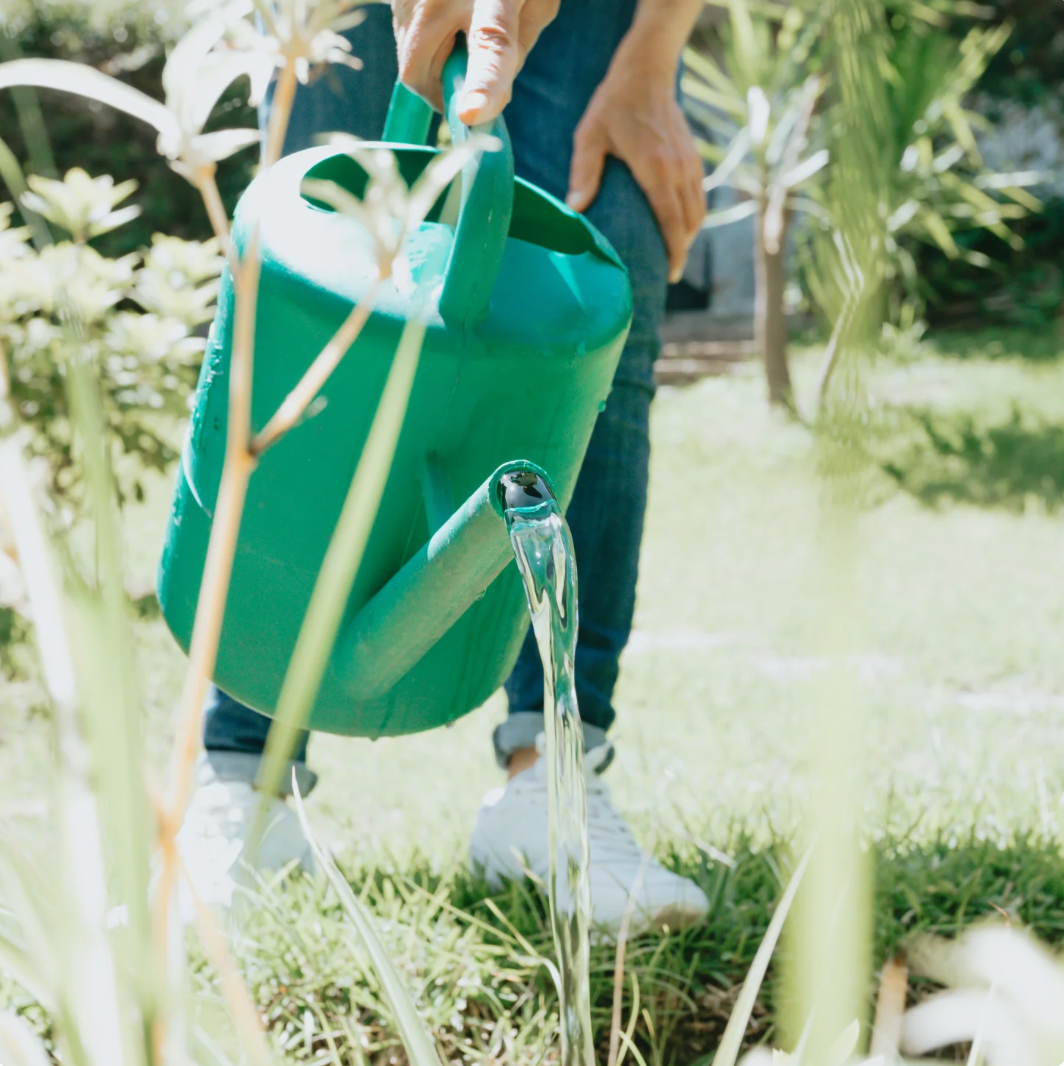
Environmental impact of laptops and computers
The production of new laptops and computers has a significant environmental impact. This process consumes vast amounts of raw materials, energy, and water, contributes to greenhouse gas emissions, and generates considerable waste. Additionally, harmful substances used in production can negatively affect both the environment and human health.
Laptops and computers often have a short life cycle, and improper disposal can lead to serious problems with electronic waste.
Refurbished technology offers a clear environmental advantage by extending the life span of devices, reducing waste, and conserving raw materials. This approach lowers energy consumption, CO2 emissions, and the demand on natural resources, making a tangible contribution to environmental protection.
According to calculations by ITU, in 2022, a record 62 billion kg of electronic waste was produced worldwide (corresponding to an average of 7.8 kg per capita per year). Only 22.3% of this electronic waste mass was documented as formally collected and recycled in an environmentally friendly manner. Studies from Cranfield University from A study from March 2022 titled "Assessing the Environmental Impacts of Different Strategies for Refurbishing Consumer Electronics" highlighted that technology refurbishment has become a significant breakthrough in advancing sustainable production.
Although at Techsavers we mainly focus on refurbishing laptops and PCs, our offer also includes smartphones and tablets. It's important to remember that their production is also very demanding on natural resources. Refurbished smartphones and tablets always have a lower environmental impact compared to new devices. A study by Unitar from October 2022 states that out of 16 billion mobile phones worldwide, more than 5 billion were discarded in 2022 alone. We can't stop the speed at which technology develops. However, we can help by trying to use devices for as long as possible and prevent unnecessary waste accumulation.
By deciding to buy refurbished technology from Techsavers, you not only support environmentally sustainable solutions but also save financial resources.
Moreover, by taking this step, you help reduce the demand for new device production, thereby contributing to lower emissions and decreased consumption of natural resources. Your choice represents a responsible approach to our planet and its future.
Think about [the future|our planet]
CO2 Reduction
By purchasing a refurbished laptop instead of a new one, you prevent approximately 167.5 kg of CO2 emissions. For 1,000 laptops, this is equivalent to taking 36 cars off the road annually.
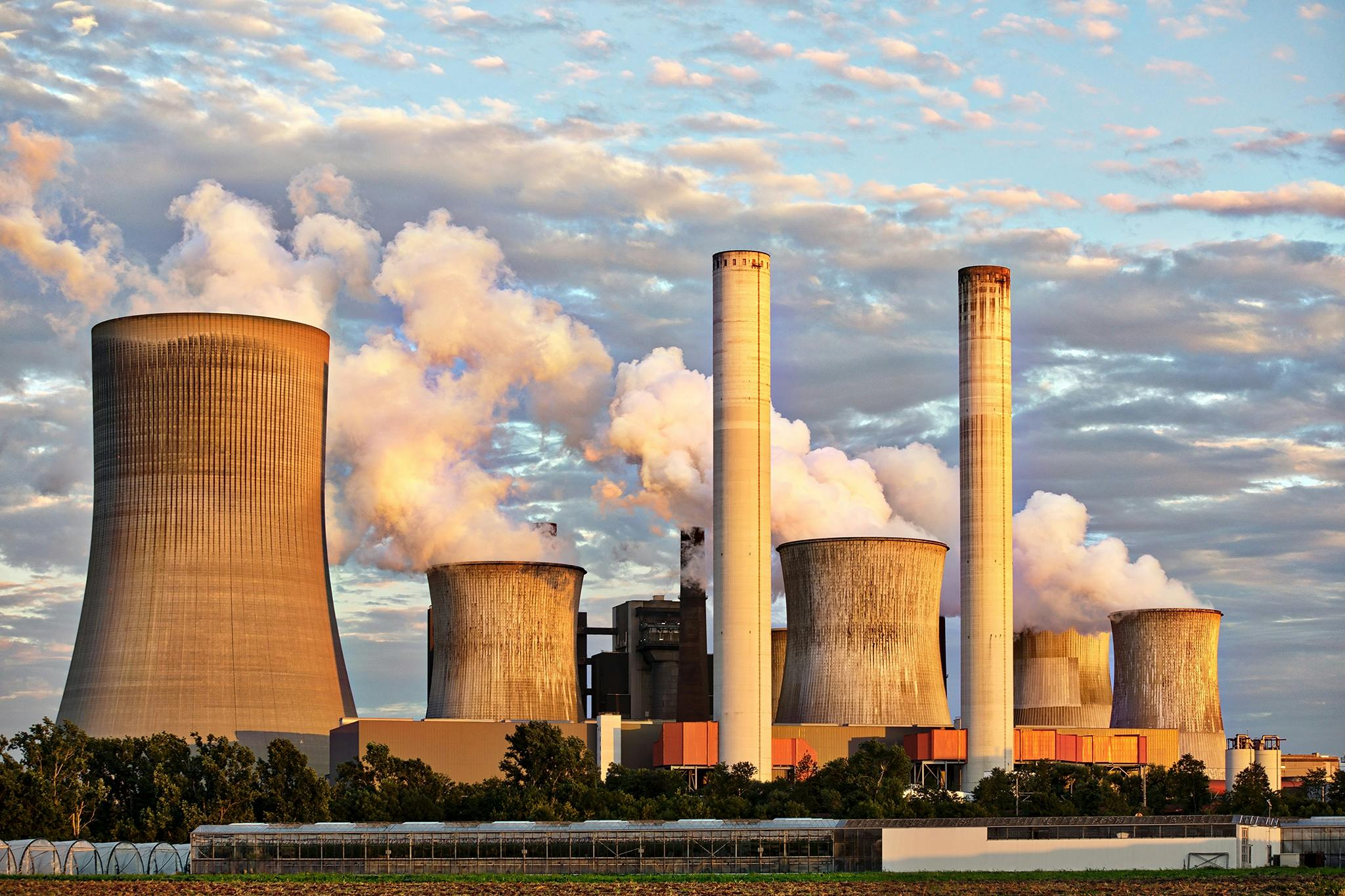
Water Conservation
By purchasing refurbished technology, you can save more than 191,400 liters of water, which is used for mining, manufacturing, and refining one new laptop and its components. That's enough drinking water for an average person for over 200 years.

Natural Resource Conservation
Up to 683.2 kg of extracted raw materials are needed to produce materials for each component of a single laptop. This is equivalent to approximately 27 bags of cement. Refurbishing not only prevents the consumption of additional resources but also prevents electronic waste from the disposal of the laptop itself.
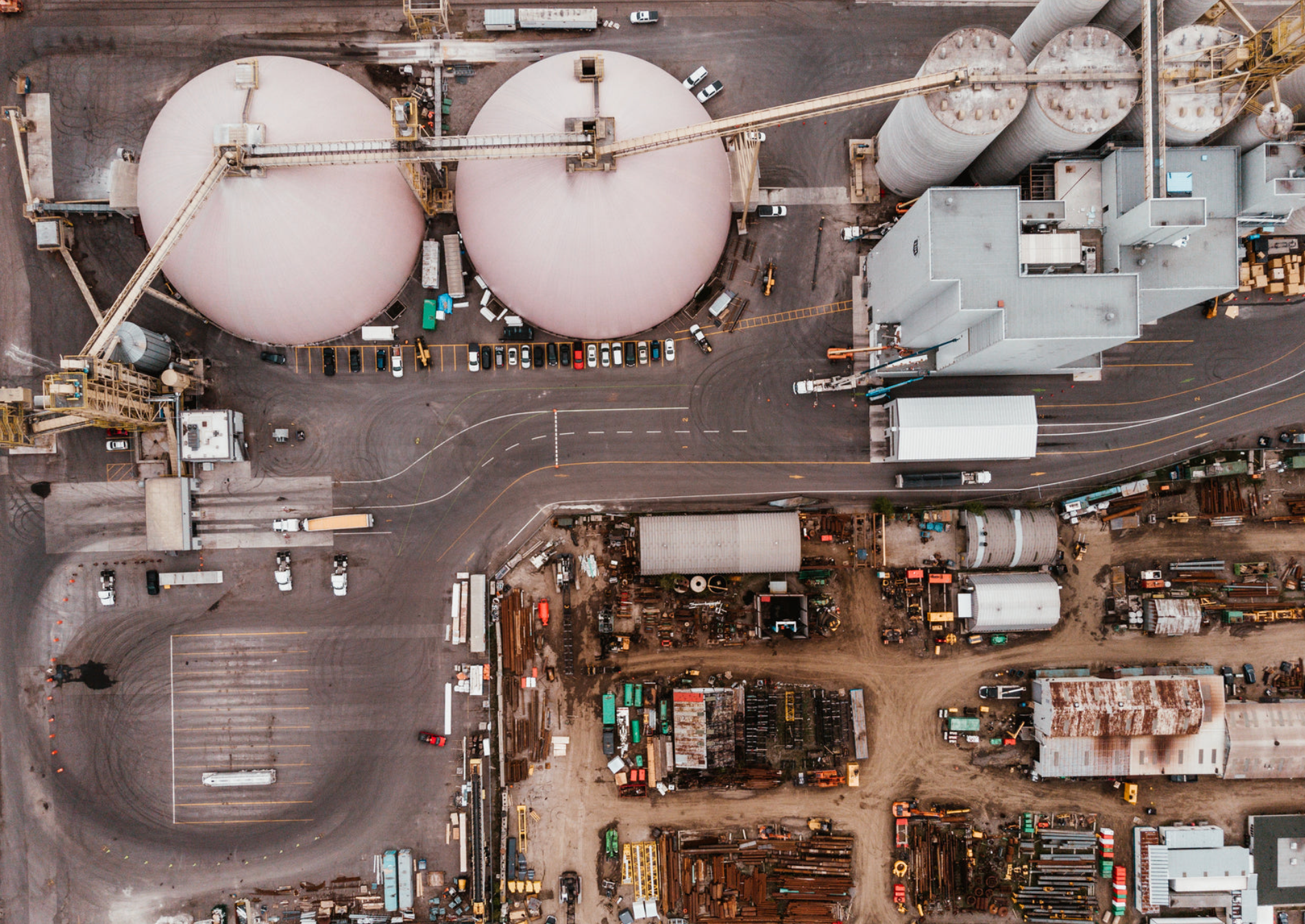



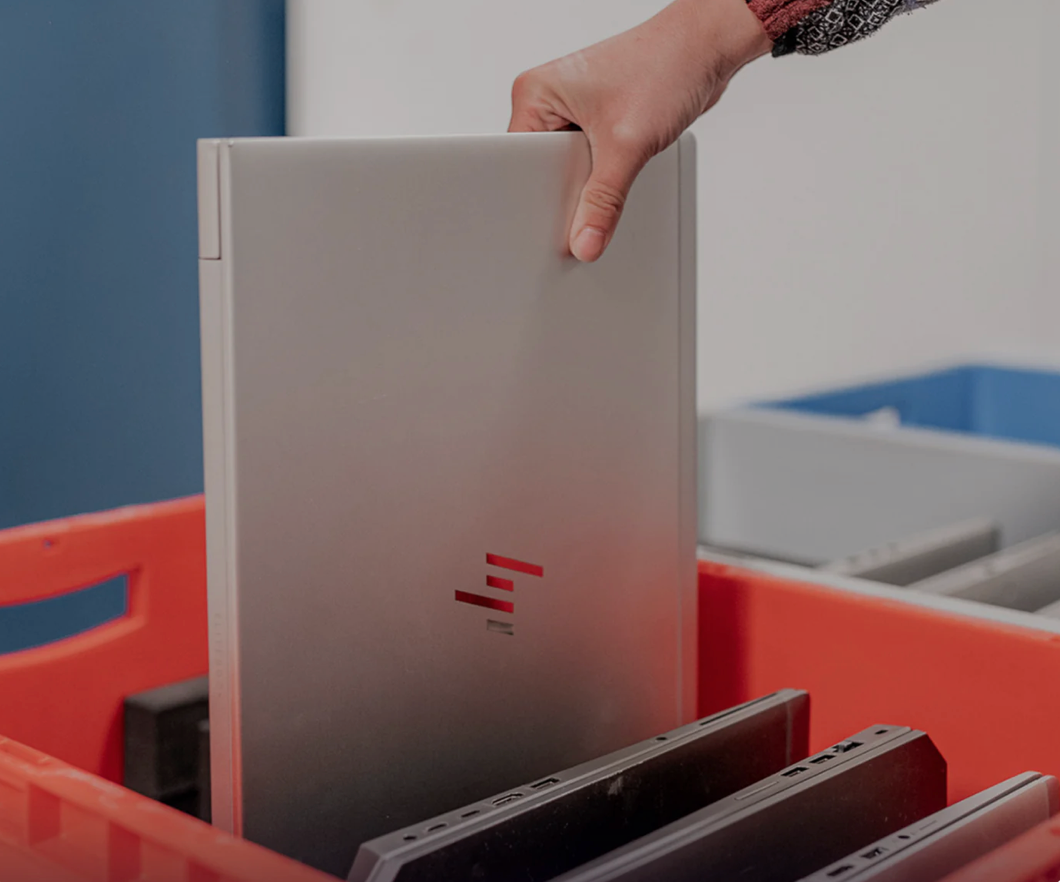
Techsavers is a sustainable choice you can trust
Our certified refurbishment and remanufacturing processes meet strict international quality standards, including ISO 9001, to deliver products that look and perform like new.
From a sustainability perspective, there are numerous reasons to choose refurbished and remanufactured technologyfrom Techsavers. We take pride in providing products that offer quality and reliability comparable to new devices while remaining a sustainable choice and a step towards a better future for everyone.
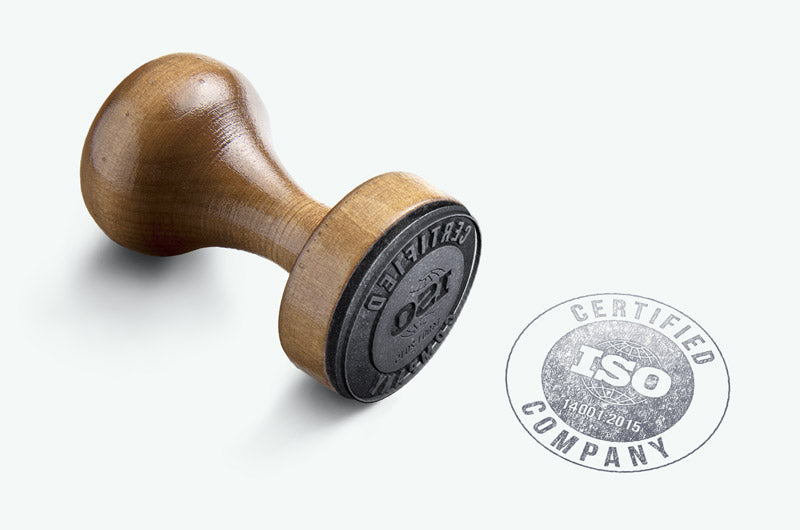
We are ISO 14001 certified
Our company meets strict international standards and adheres to environmental protection principles. We actively reduce waste, process it properly, and recycle. We strive to reduce energy consumption and emissions to air, water, and soil.
